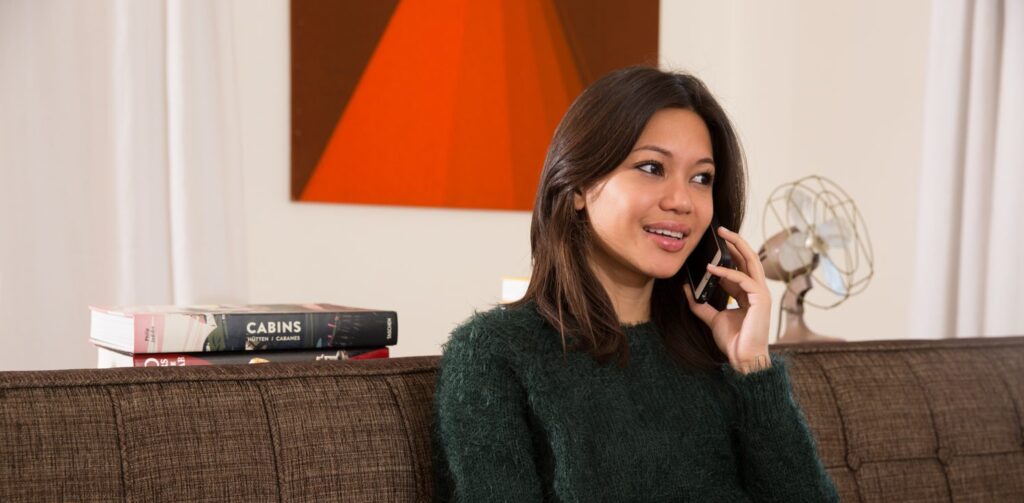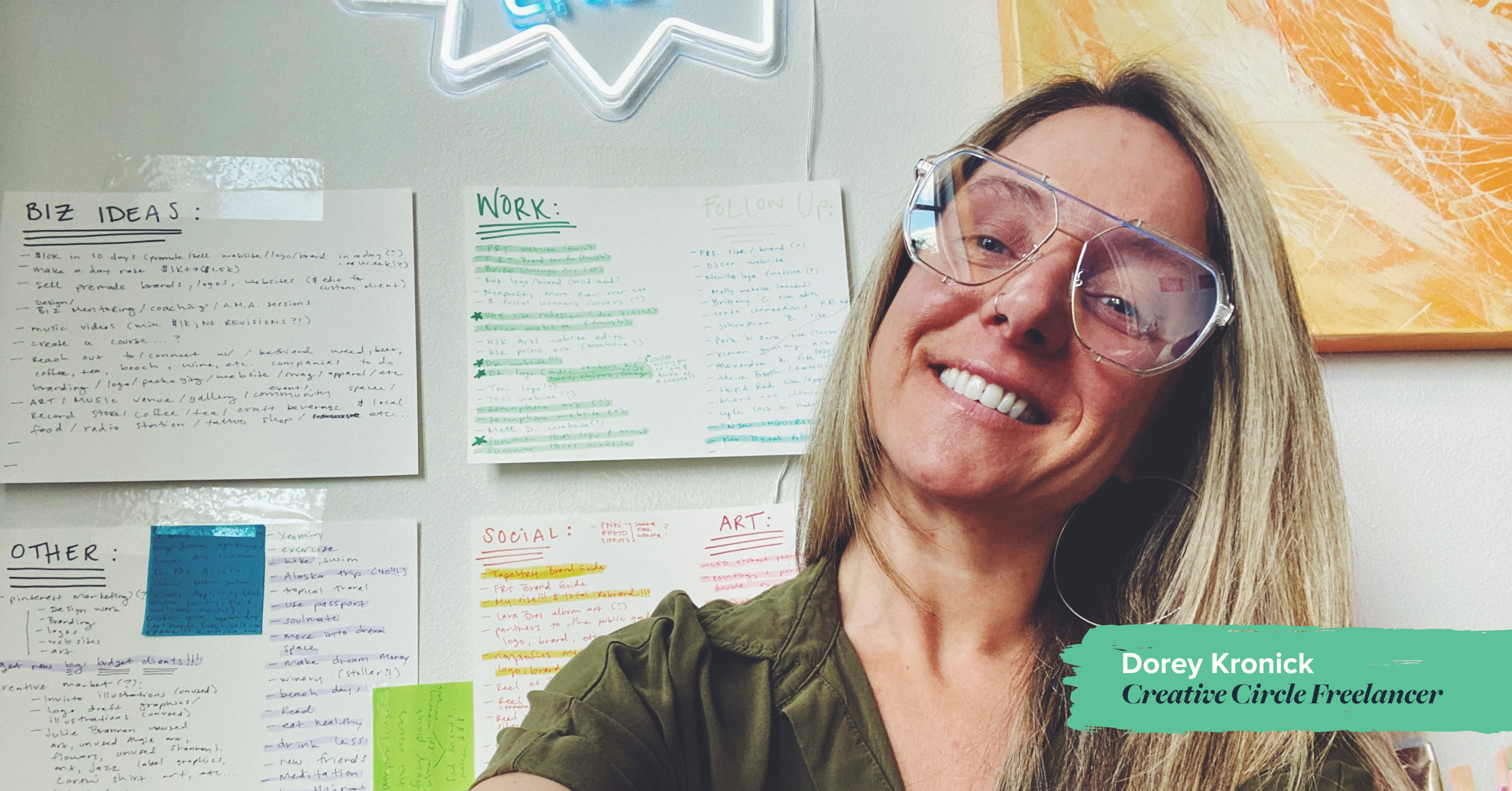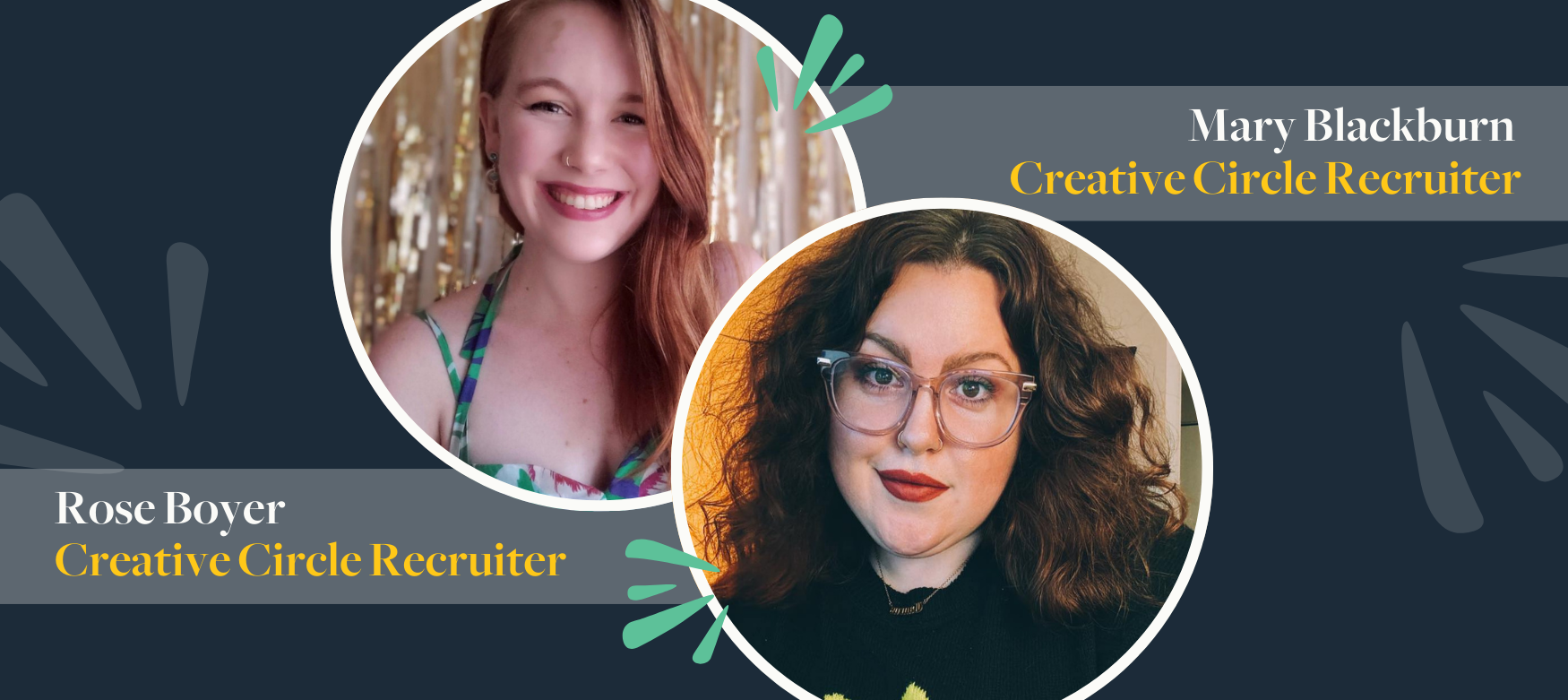The humble phone interview is most job seekers’ first step onto a path that leads to an employment offer. And while they’re great for a variety of reasons—you don’t have to drive anywhere, and you can do it in your bathrobe—the phone interview is a deceptively difficult skill to master. Here’s how you can stand out and make an impression, even when you’re just a voice on the phone.
1. Do your homework.
Learn as much as you can about the company and the position that’s being offered. Study the job ad and prepare yourself to answer questions about your resume. Obviously, this could be traditional research about what the company does to stand out, basic capacities, and leadership, but don’t forget to check social media to get an idea of the company’s brand and culture. The more you know, the easier it will be to tailor your answers and impress your interviewer.
2. If you’re a creative, send a portfolio PDF in addition to a URL.
Even when you have a killer portfolio filled with award-winning work, nothing beats the opportunity to sell it by carefully walking the interviewer through it, which you often don’t get during a phone interview. You’ve probably already listed your URL on your resume or the online job forms, but also send a carefully designed PDF that showcases only your best and most relevant work. On each page, add a rationale, or a brief blurb that summarizes the problem you solved, the thinking behind the solution, and your role in the project. You still may not get the chance to review it, but your interviewer will be impressed with your effort.
3. Get comfortable in a quiet environment.
This is one situation where you don’t want to multitask. It’s super-unprofessional to have a dog barking in the background or a barista announcing that Michael’s half-caff latte is ready. And even if you’re at home, go to a place where you won’t allow yourself to be distracted (i.e., no TV, family, or even a computer competing for your attention).
4. Resist the temptation to do a phone interview in sweats and flip-flops.
We can’t emphasize it enough: your clothing choices influence how you see yourself and how you present yourself, even in speech. Put on something that reminds you of what an awesome professional you are—maybe it’s a black turtleneck and jeans à la Steve Jobs, or maybe it IS a 3-piece suit, as long as it’s whatever you feel.
5. Front-load all of the important information.
Your interviewer will never be more attentive than when they finish their introduction and turn the conversation over to you. This is the perfect time to go to your elevator speech—not only is it a succinct summary of your qualifications, it’s your best opportunity to demonstrate your personal brand. Better still, edit it in advance so you’re including the employer’s keywords and anything else that makes you uniquely qualified for that specific job.
6. Repeat what your interviewer asked you.
Starting your answers using the exact same words will buy you time to collect your thoughts, and this “echo effect” is an ingenious little social hack that’s been proven in studies to build feeling of safety, trust, and rapport. Use it sparingly though, or else the hiring manager may start to get a weird feeling about the interview!
7. BREATHE.
Don’t just take little sips of air, but breathe deeply from your belly or diaphragm. Diaphragm breathing gives you a deeper supply of oxygen, forces you to slow your speech down, and can actually calm your nerves since those frequent, shallow lung gulps are part of the body’s “fight or flight” reaction. When you make it to the face-to-face interview, it will improve your posture and help you sit up straighter, so it’s a win all the way around.
8. Ask plenty of questions.
A carefully planned set of questions can do two things: they can help you look engaged and further cement a winning impression, and they can also help get a better picture of the job since you don’t have any visual cues. Ask about the working environment, the culture, and the number of employees located in the office.
9. Then do everything you’d do after a face-to-face interview.
Even if you don’t want the job, send a thank-you note: after all, other jobs may become available at the company and that recruiter or hiring manager might end up at another company later, so it pays to do the simple things that lead to a favorable impression. If you really did want the job, follow up, but wait at least a week. It’s likely that your interviewer is at the stage where they’re still swamped in resumes, so if you don’t hear from them, it may reveal a lack of time rather than a lack of interest.
It may take a few tries before you really feel in your element during a phone interview. But like anything else, the more you practice, the better you get, and soon you’ll have to start thinking about what to wear.
Lisa is a Creative Circle candidate and seasoned advertising copywriter who lives in Los Angeles. Her background includes both in-house and agency work on Fortune 500 and global accounts in the consumer and healthcare/pharmaceutical fields. She excels at words, fashion, and cats. If you want to work with Lisa, contact Creative Circle Los Angeles.




